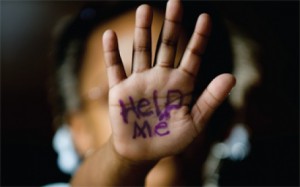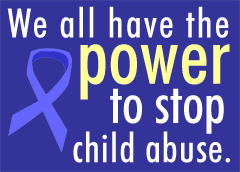Coming forward about sexual abuse takes courage. If a child discloses abuse to you, respond with compassion and take action immediately.
How to Respond if a Child Tells You They’ve Been Sexually Abused
- Stay calm and listen carefully. Encourage the child to speak freely, but do not ask detailed questions about the abuse.
- Reassure the child. Tell the child that you believe him or her, that telling you was the right thing to do, and that he or she has not done anything wrong.
- Take action. Call ChildLine (the child abuse hotline) immediately: 1-800-932-0313. If there are immediate safety concerns, also call 911.
 It is not your responsibility to investigate abuse, interview the child or get all the facts. Just contact the authorities with what you know or suspect so that children and families get the support and care they need.
It is not your responsibility to investigate abuse, interview the child or get all the facts. Just contact the authorities with what you know or suspect so that children and families get the support and care they need.
Facts about Disclosures
- Very young children tend to accidentally reveal abuse.
- School-aged children tend to tell a caregiver.
- Adolescents are more likely to tell friends.
- Children with intellectual disabilities tend to show through changes in behavior.
- Many children have not been given the tools to understand that the abuse was wrong.
Truth in Disclosures
Children seldom lie about abuse. If a child discloses abuse, report what you know to the authorities; they will determine the facts and evidence. In rare instances when a child does lie about abuse, it can be an indication that something else is wrong.
In many cases, there are no physical signs that sexual abuse has occurred. If there are signs, they may include redness, abrasions, lacerations, evidence of semen or sexually transmitted infections.
